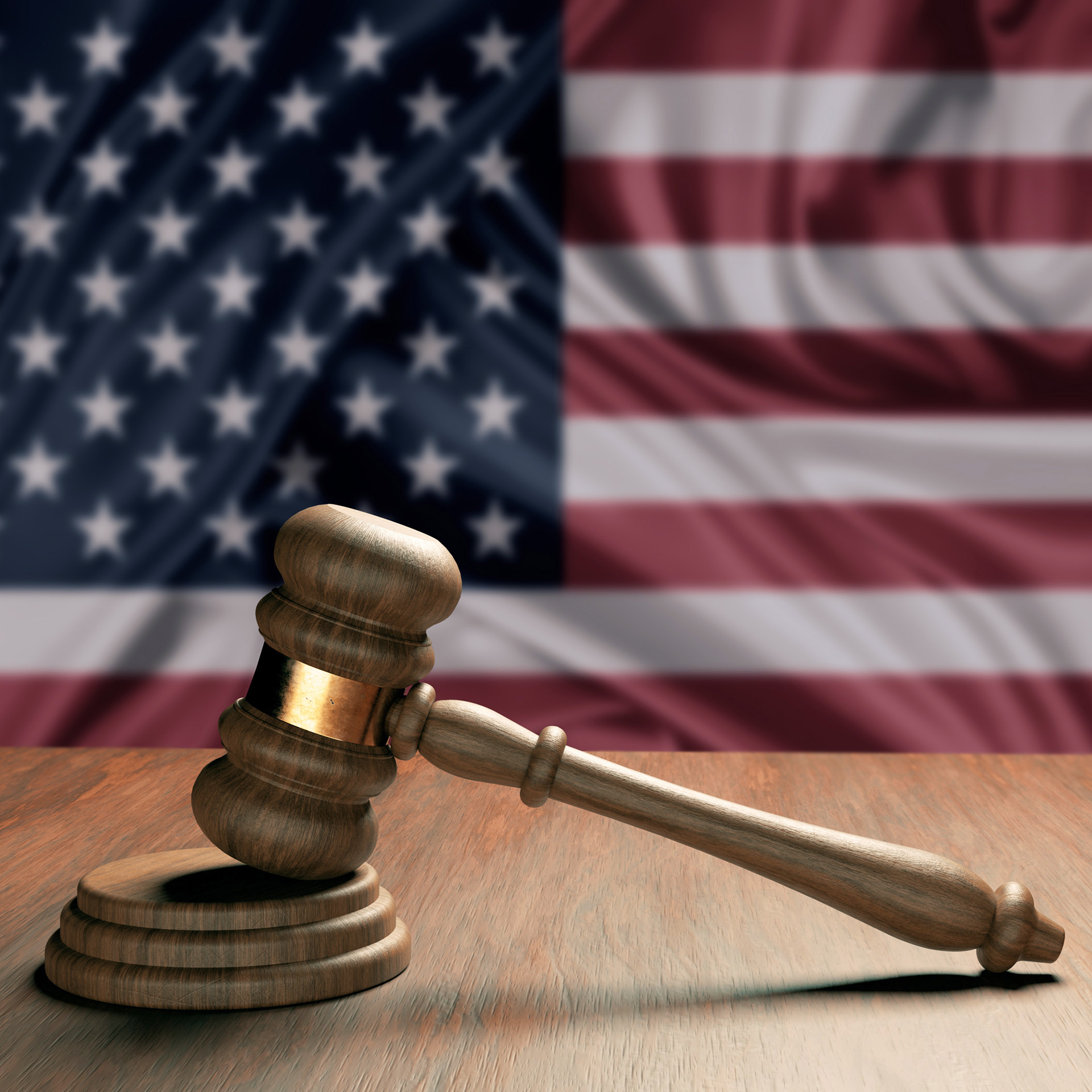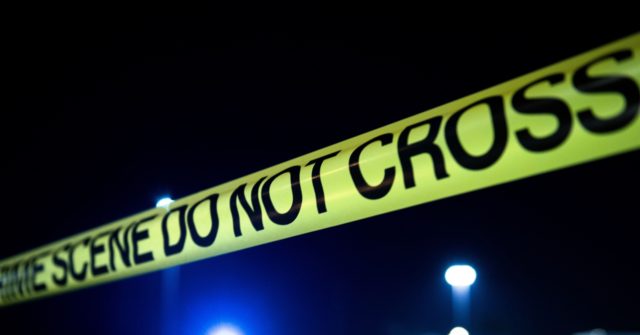By David E. Mastagni and Taylor Davies-Mahaffey In the recent City of Tahlequah v. Bond decision, the United States Supreme Court revisited the protections officers should receive through qualified immunity […]

laapoa.com
I guess the problem is people don't know how to read...
Public officials and peace officers are entitled to qualified immunity unless they knew or reasonably should have known that the action taken within their sphere of official responsibility would violate the constitutional rights of the plaintiff
This immunity is very narrow, it only applies to a "new" reading of the law--one that is novel and has never been actuall been enacted in law--.
In other words, it doesn't allow a predicate lawsuit for a special interest group and an activist judge to create some new law out of thin air.
The purpose of QA is not to allow specific officers to get away with BS, but to keep the special interest lawyers from coercion of the executive branch via BS lawsuits, ie ones seeking to "invent" new rules that were never promulgated prior to the incident...
Ex-post facto laws are illegal under the constitution, and this is a sort of "synthetic" form of ex-post facto legistlation from the bench.
If there is any concern about the law that is exposed, its easy for the legislature and executive to fix in writing. You can make such behaviour illegal for all other people simply by legistlating out of existence. What you cannot do under US law is legislate "from the bench after the fact", which is sort of common sense.
In their review of the case, the Supreme Court held that the officers did not violate any clearly established law. The court explained that the doctrine of qualified immunity shields officers from civil liability as long as the officer “does not violate clearly established statutory or constitutional rights.” The court explained the importance of specificity in rules and precedence because it is often difficult for an officer to determine how the relevant legal doctrine will apply in the specific scenario they are facing.
This is a very narrow type of protection, and while its possible to abuse it, its nor really any kind of blanket protection against being a jackass. The way to fix any propblem with this is to legislate better laws ex ante rather than rely on crappy laws being fixed "after the fact" since we all know how well that goes...
Qualified immunity provides immunity from certain lawsuits raised against government officials acting in their official capacity.
Again these are civil lawsuits that require "new law" be established (by a judge, not a legilature) to make the thing that already happened 'illegal'. Ie since what is being deemed unlawful was never determined, its unkowable, and thus cannot be obeyed by the enforement element at the time the action was being done...
Civilians have to be more conservative in taking risks in the same contex, basically they have to avoid grey areas in a way that any
foreseable problem is avoided. QA allows/requires enforement officials to simply follow the letter of the law and/or the letter of existing case law without dealing with the "calculate every possibly foreseable grey area" and steer clear of all possible unowns, etc.
A true criminal element (ie, acting under color or authority of a enforcemnt) can do sketchy BS and be protected by QA, but the inhernt authority of a badge can be abused alot more easily than going through thy types of situation that typically result in/leave one protected by QA.



